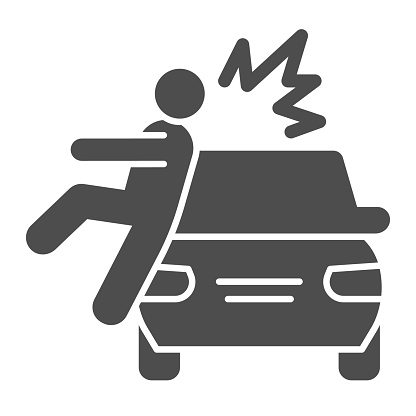

Yeah, you’re honestly way out of line here.
Being correct is not a virtue. Other people are not impressed by how correct you are, or by how great a job you’ve done in correcting others.
Knowing more than others is not a virtue. Literally everyone knows less about some things than others; there is no super genius that is right or most knowledgeable about everything. For that reason (and many others), lack of knowledge is not a good reason to treat someone poorly.
You obviously care about the mechanics of clear communication. I believe that you can be better than this, that you can keep in mind why we communicate, not just how. You obviously know a lot about certain topics as well. I believe you can be better at how you demonstrate your knowledge. This time you showed off your knowledge to shame someone else. Maybe next time you could show off what you know by sharing it with someone in a helpful way.
Then people really would be impressed.












I love Wandersong so much. I’ve tried to put into words what makes this game different to every other game. It usually goes something like this.
Nearly every game is about winning. Some are about plumbers leaping their way to the flag pole. Some are about gun-wielding heroes shooting everything. Those are pretty obvious examples of games where the primary emotion is Fiero (the feeling of pride after accomplishment). But even games about cozily pushing blocks, or doing skateboard tricks, or running a successful shop are also predominantly about fiero.
Now, I agree that not all games are about this one emotion. Horror games feature fiero, but are mostly about exploring fear. And there are lots of games that explore other emotions as their primary goal. But the vast majority of games are about winning and the emotion of fiero.
Wandersong is about happiness and not fiero. It makes that perfectly clear in its opening moments. The protagonist is made (painfully?) aware that he is not the hero. The Bard goes on to have several conversations with other characters about happiness. The plot largely revolves around increasing happiness. And, in terms of gameplay, in almost all the places a typical game would offer players chances to feel fiero, this game offers the player opportunities to experience happiness instead.
If you’re looking for it, it’s clear that the game is occasionally working to prevent fiero and present happiness in its place. The game frequently puts the player in situations where there is no opportunity for them or The Bard to “win”. Instead, they have the chance to help or to be helped. And sometimes even when things turn out well, it’s despite The Bard and the player failing at their goal.
It’s a unique game made with tons of love and I treasure it. I would recommend it to anyone with a heart.